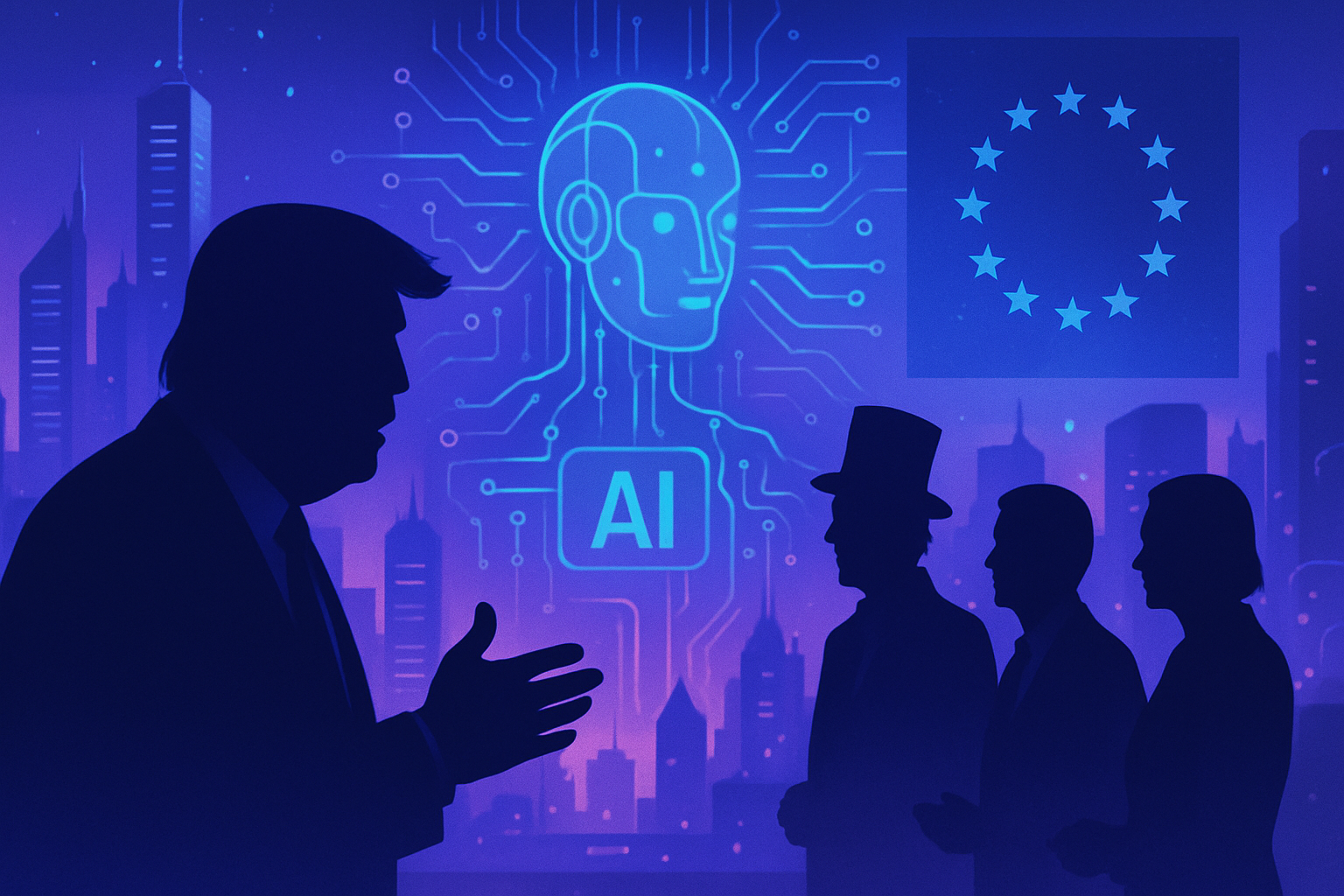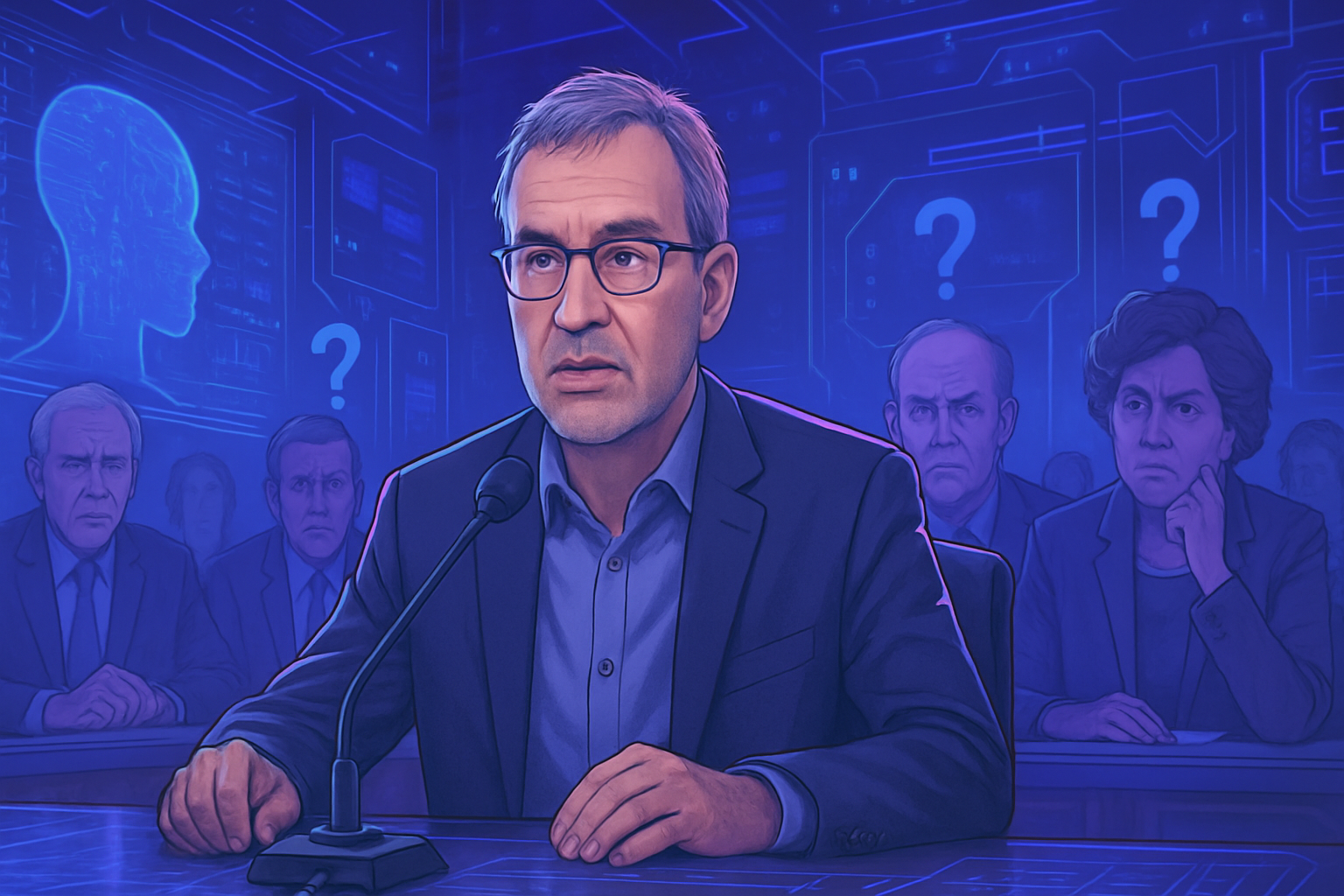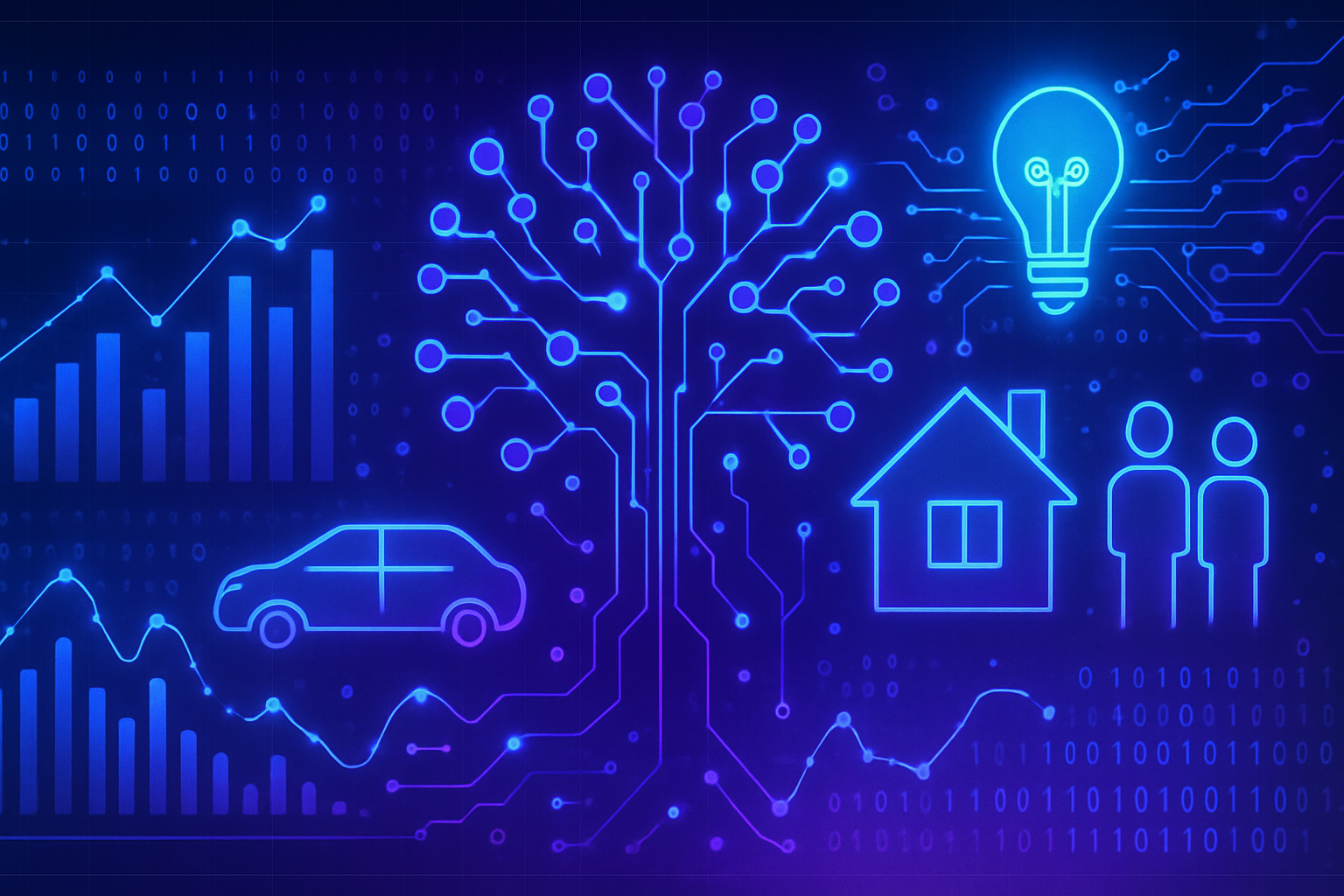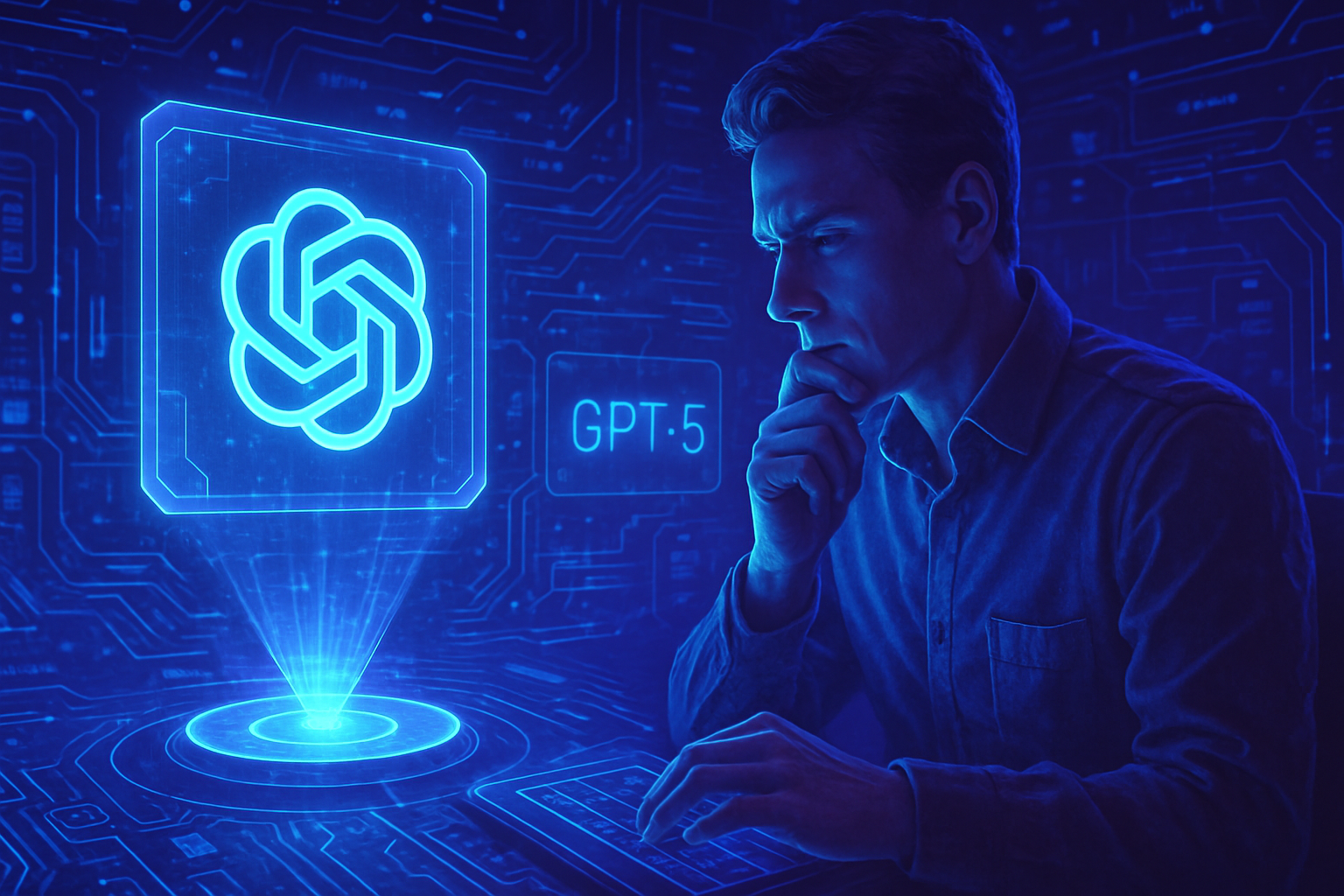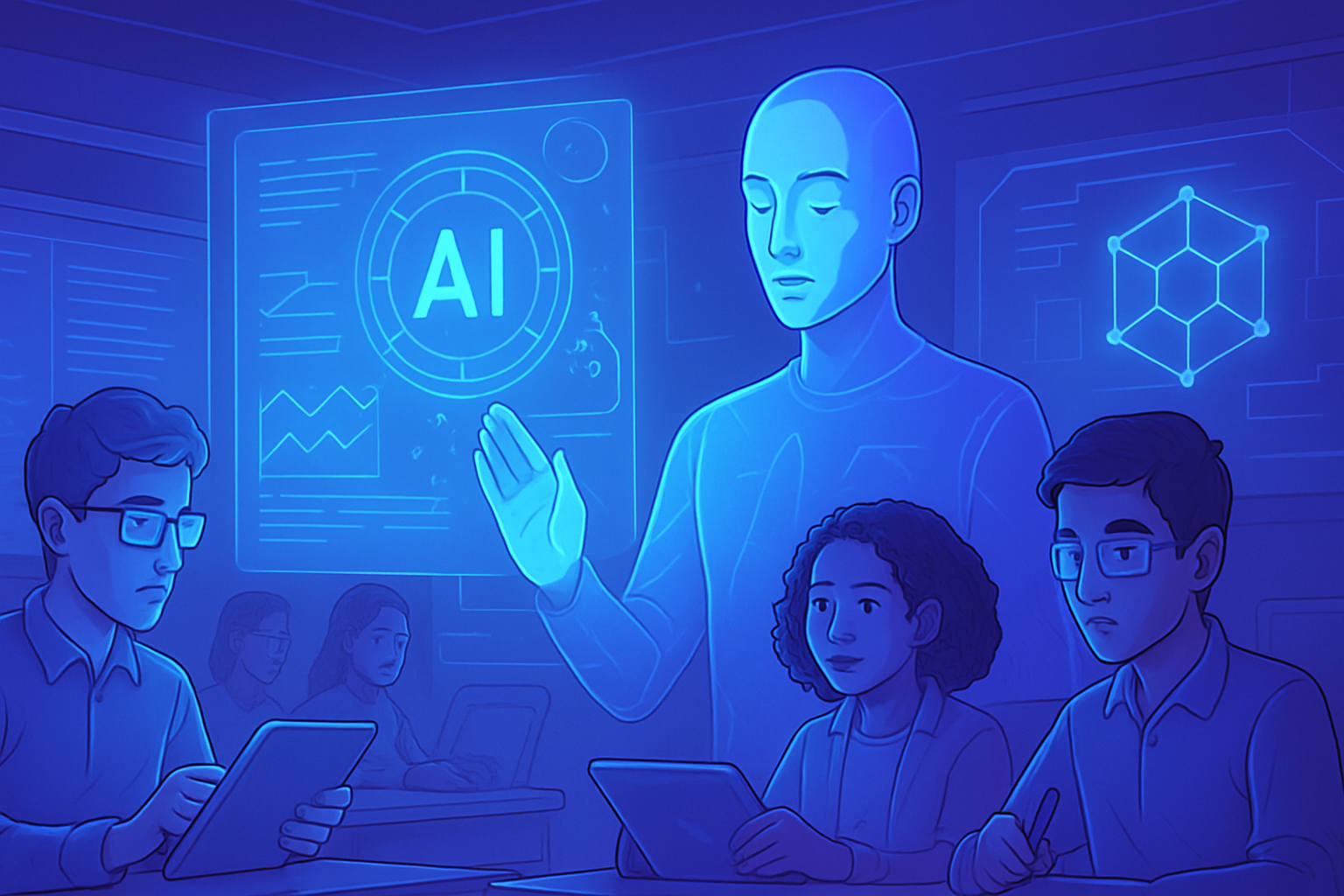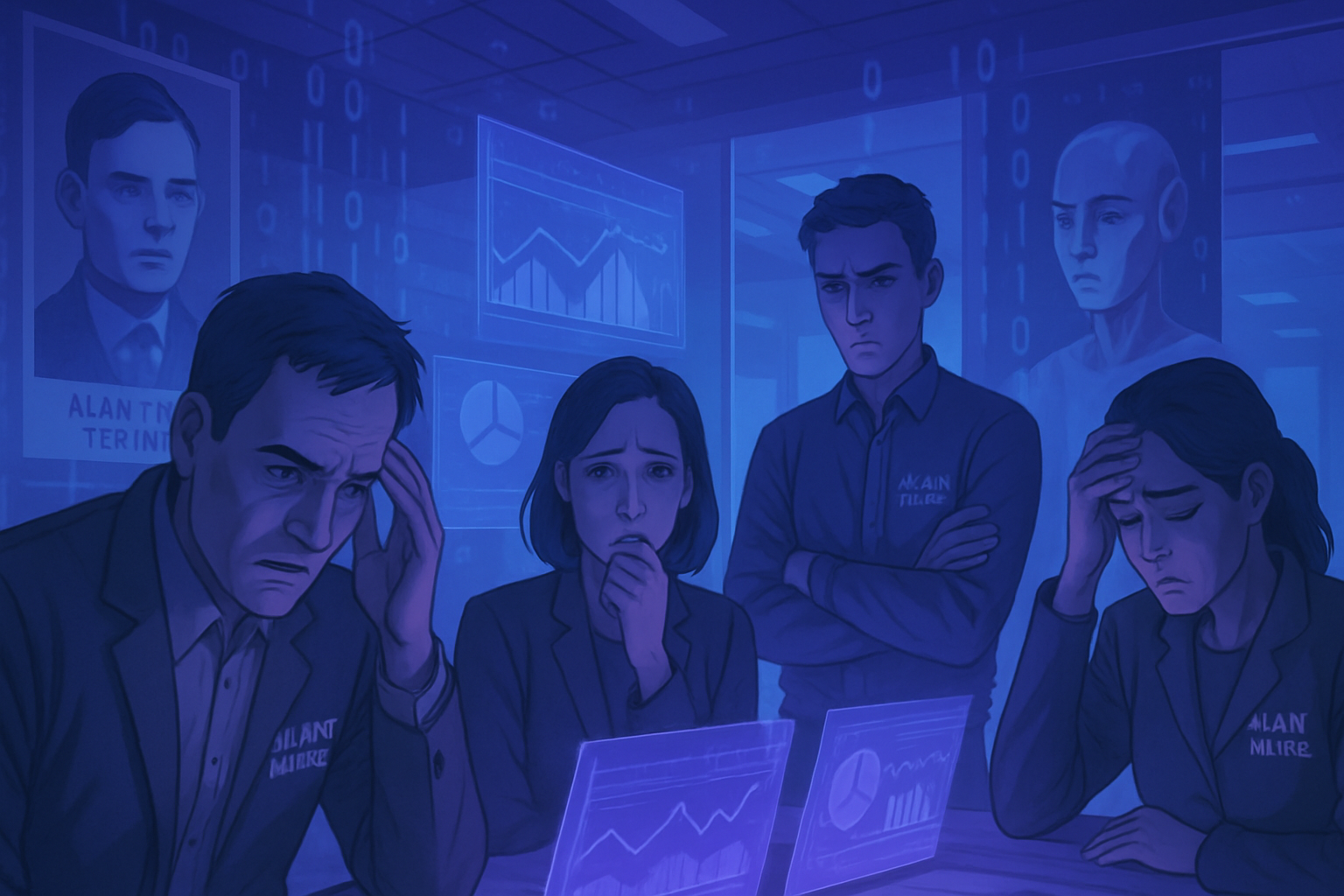Revolutionizing education in artificial intelligence. Thierry Coulhon, president of the Institut polytechnique de Paris, aims to reach new heights. A considerable challenge is emerging: to triple the number of graduates and doctoral students, thus responding to a growing demand in the market. An excellence and innovation strategy is required. Helping young talents integrate into a sector where technology transcends borders is essential. Note that the professional future of AI in France relies on rigorous and adapted training, and the stakes are crucial for national competitiveness.
Thierry Coulhon and the Institut polytechnique de Paris
Thierry Coulhon, president of the Institut polytechnique de Paris, recently articulated a striking ambition: to triple the number of graduates and doctoral students in artificial intelligence. To achieve this goal, he mobilizes the resources of the six prestigious engineering schools that make up this institute, including École polytechnique, ENSTA Paris, and Télécom Paris.
A strategy focused on academic excellence
The strategy in place relies on the excellence of training and the quality of research. The schools of the institute are historically recognized for their mastery of mathematics, statistics, and data science. This scientific foundation allows graduates to adapt to the transformations induced by the rapid evolution of artificial intelligence.
Continuous adaptation of training
The training programs evolve continuously to meet market demands. The faculty, all active researchers, regularly update the educational content. These experts share cutting-edge knowledge with students, thereby promoting a perfect alignment between teaching and industry needs.
Strategic partnerships
To support this ambition, partnerships have been established, notably with the University of Technology of Troyes. This collaboration aims to strengthen training pathways. The goal is to increase the number of bachelor’s degrees in artificial intelligence. Thus, opportunities for young graduates to find employment are multiplied.
Supply and demand in the AI market
The artificial intelligence market seeks highly qualified profiles. Graduates from the schools of the institute are highly sought after by industry leaders like OpenAI, DeepMind, and Meta. The quality of the training is a major asset that enables alumni to integrate into innovative and demanding work environments.
Reducing the brain drain phenomenon
The issue of “brain drain” remains concerning, especially in France. Thierry Coulhon states that talent mobility is beneficial. An international experience enriches skills and fosters knowledge exchange. The goal is to transform international pathways into opportunities for return, thereby promoting local development.
Funding the future of artificial intelligence in Europe
Regarding funding for deep tech startups, the Institut closely monitors the commitment of European investors. Several promising initiatives like the Jolt Capital fund have emerged. They aim to inject capital to support innovative projects, at a scale sufficient to compete with American and Chinese giants.
European collaborations strengthen the ecosystem
At the European level, an alliance is forming with prestigious institutions such as TUM, DTU, and EPFL. These collaborations extend to funding joint initiatives to create a dynamic ecosystem. By pooling resources, Europe hopes to increase its potential for innovation in artificial intelligence.
Future prospects for AI in France and Europe
The efforts deployed open encouraging perspectives for the future of artificial intelligence on the Old Continent. Although Europe is not leading the pack, it remains competitive. France, with its leading institutions, shows that it still has its place in this technological race.
Frequently asked questions about Thierry Coulhon and the Institut polytechnique de Paris
What are Thierry Coulhon’s goals as president of the Institut polytechnique de Paris?
Thierry Coulhon aims to triple the number of graduates and doctoral students specializing in artificial intelligence, by strengthening academic excellence and aligning training with market needs.
How does the Institut polytechnique de Paris stand out in the field of artificial intelligence?
It stands out due to its solid foundation in mathematics and statistics, and the exceptional quality of its research teams, which collaborate with prestigious institutions and adapt to technological evolutions.
What strategies are implemented to adapt training in artificial intelligence?
Training programs are continuously updated through the involvement of active researchers who advance the field, while maintaining constant contact with students to address new market needs.
Are there partnerships with other institutions to achieve these goals?
Yes, strategic partnerships, such as with the University of Technology of Troyes, have been established to expand access to bachelor programs in artificial intelligence.
What specific actions are taken to encourage student admission to training programs in artificial intelligence?
Efforts are made to further promote these training programs, by collaborating with industry and making programs more accessible and attractive to a wide range of students.
How does the Institut polytechnique de Paris plan to finance the increase in student numbers in artificial intelligence?
It will be essential to attract investors and develop partnerships with economic players to support the growth of programs, notably through dedicated investment funds.
What are the future prospects for graduates in artificial intelligence from the Institut polytechnique de Paris?
Graduates leave with sought-after skills and are often recruited by global leaders in artificial intelligence, such as OpenAI and DeepMind, thus offering numerous career opportunities.
Why is it important to maintain talent circulation in Europe in the field of AI?
Talent circulation not only allows for an enriching exchange of experiences and knowledge, but also contributes to innovation and competitiveness of European companies in a global context.
What challenges does Thierry Coulhon anticipate for the future of AI in France and Europe?
Challenges include the need for increased support from investors and the state to build robust infrastructures and support AI startups in order to compete with American and Chinese players.

